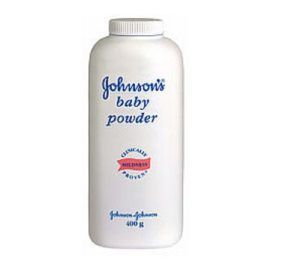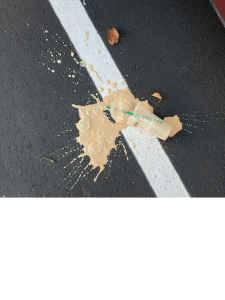The Anthropic Ruling - AI can't steal your content. - Mark P. Loftus
I’m a fan of the Pivot Podcast with Kara Swisher and Scott Galloway. I usually learn something from their podcast and this morning I learned about the recent Anthropic ruling in California and how it levels the playing field – at least a little bit – against AI.
Three authors – Andrea Bartz, Charles Graeber and Kirk Wallace Johnson initiated the lawsuit against Anthropic in California in 2024. The lawsuit alleged copyright infringement against Anthropic, a leading American artificial intelligence(AI) research and development company. Specifically, the lawsuit alleged that Anthropic AI used the contents of millions of digitized copyrighted books to train the large language models behind their Chatbot – which is a computer program designed to simulate a human conversation. It should also be noted that Anthropic named their Chatbot – he goes by Claude. Some of those millions of books were legally acquired. Lot of those books however, were illegally acquired through the use of pirating websites.
Books written by Bartz, Graeber and Johnson were amongst the books Anthropic was using. The lawsuit alleged that Anthropic was pirating the content of all those books and not paying a fair price for the content.
In a June, 2025 ruling, U.S. Senior District Judge William Alsup in San Francisco ruled that Anthropic’s use of the authors’ books to train Claude qualified as fair use. But Alsup did have a problem with Anthropic saving more then 7 million other books to a “central library” which would not necessarily use those books to train Claude. So Alsup ruled that part of the case would go to trial – noting “we will have a trial on the pirated copies used to create Anthropic’s central library and the resulting damages, actual or statutory”. US Copyright law provides that willful copyright infringement can lead to statutory damages of up to $150,000 per infringed work. Anthropic, concerned about potentially catastrophic damages, settled the case shortly thereafter for $1.5 billion.
So, at least in California, AI companies have the right to train Claude and his Chatbot pals on copyrighted works – as long as they obtain copies of those books legally. Mary Rasenberger, CEO of the Authors Guild, called the settlement “…a vital step in acknowledging that AI companies cannot simply steal authors’ creative work to build their AI.”









